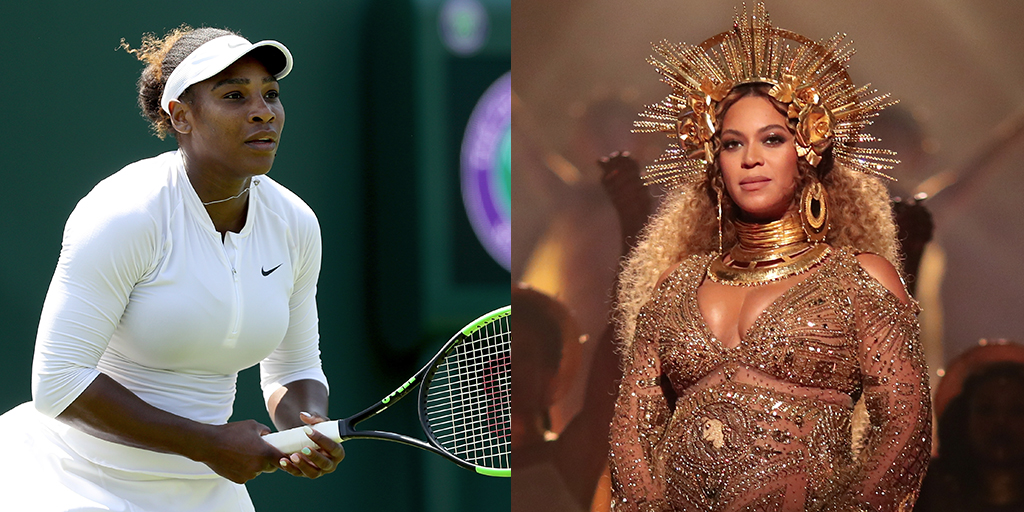Stress, Implicit Bias Increase Childbirth Risks for Black Women

Find Your Perfect Match
Answer a few questions and we'll provide you with a list of primary care providers that best fit your needs.
By speaking out about their own experiences giving birth, Serena Williams and Beyoncé are calling attention to a serious health concern for black women: they are more likely to experience childbirth risks such as pre-eclampsia, or blood clots.
Beyoncé had pre-eclampsia that required an emergency Cesarean section. Williams, who has a history of blood clots, also underwent a C-section. A day after giving birth, she developed blood clots in her lungs.
Such complications or near-misses are called maternal morbidity. They can be deadly if not properly treated – and they occur more frequently in black women.
To understand why, Premier Health Now talked with David McKenna, MD, maternal-fetal medicine specialist with Perinatal Partners.
“It’s not really related to social or economic status,” says Dr. McKenna.
In general, researchers and health care professionals believe what’s at play is related to stress – and black women face more stress in the United States than white women. This may explain why the U.S. is the only developed country where the maternal mortality rate is on the rise.
“Stress is the big driving force behind the racial disparity we see in health outcomes,” says Dr. McKenna.
There is a wide gap among blacks and whites when it comes to health outcomes for moms and babies in the U.S., says Dr. McKenna. For example:
- Childbirth risks are twice as high for black women.
- Infant mortality (death before age 1) is twice as high for blacks.
- Maternal mortality (death during pregnancy or post partum) is also two times as frequent for black women vs. white women.
In fact, the risk of pregnancy-related death is three to four times higher for black women, say the Centers for Disease Control and Prevention.
There is no magic pill to fix the problem. Instead, it requires societal change.
Infant mortality is a window into the overall health of a community, says Dr. McKenna. Higher infant mortality rates are often accompanied by higher maternal mortality and higher mortality from chronic diseases.
“It’s important for institutions to recognize that and to try to change any biases that exist,” says Dr. McKenna. “Institutions need to recognize that there is not overt discrimination today, but it still exists in implicit forms.”
If patients, as Ms. Williams experienced, feel something is not quite right and are unable to get a nurse or doctor to listen to them, they should continue to speak up and ask a family member to advocate for them, until they receive the care they need, Dr. McKenna says.
Premier Health provides implicit bias training for its staff. And the Obstetrics Emergency Response Team uses immediate, standardized protocols to respond to specific complications.
Yet Dr. McKenna says childbirth risks are not decreasing for black women even with advanced maternal-fetal care and resources. He described one patient, a black woman, who is a professional attorney.
“Her baby came at 32 weeks despite her doing everything right.”
Beyoncé and Williams have access to the best care. Williams is a top-notch athlete. Yet they were not immune to childbirth risks.
“What causes any of these complications is not related to access to care or what is done during the pregnancy,” says Dr. McKenna. “It is what happens to you throughout your life and how stress affects your overall health.”
Find Your Perfect Match
Answer a few questions and we'll provide you with a list of primary care providers that best fit your needs.
Source: David McKenna, MD, maternal-fetal medicine specialist with Perinatal Partners; CNN; Centers for Disease Control and Prevention





